
Does The Inside Of Your Ear Itch
Does the Inside of Your Ear Itch? Here’s What It Means — and How To Treat It
Everyone has experienced that annoying, hard-to-reach itch inside the ear at least once. While it may seem like a small inconvenience, itchy ears can be surprisingly distracting—and sometimes even a sign that something more serious is going on.
Understanding why your ears itch is the first step toward proper relief. Let’s take a closer look at the most common causes and the best ways to treat them safely.
Common Causes of Itchy Ears
1. Dry Skin
The skin inside your ears is very delicate. When it becomes dry—often due to overwashing, cold weather, or a lack of natural earwax—you may feel persistent itching. Earwax acts as a natural moisturizer and protector, so removing too much of it can actually make the problem worse.
2. Ear Infection
Bacterial or fungal infections can irritate the ear canal and lead to itching, swelling, and discomfort. Fungal infections often cause intense itching, while bacterial infections may also bring pain or discharge. These usually require medical treatment to fully resolve.
3. Allergic Reactions
Your ears can react to many everyday products, including:
-
Earrings or metals (like nickel)
-
Hair sprays, shampoos, or gels
-
Lotions, perfumes, or skincare products
Allergies can cause redness, irritation, and persistent itching inside or around the ear.
4. Earwax Buildup
Earwax protects your ears, but when too much accumulates, it can harden and become irritating. Paradoxically, both too little and too much earwax can cause itching. If you frequently use cotton swabs, you may be pushing the wax deeper, making the issue worse.
5. Skin Conditions (Eczema or Psoriasis)
Chronic skin conditions like eczema, psoriasis, or seborrheic dermatitis can affect the ear canal. These can cause:
-
Flaking skin
-
Red patches
-
Itching or irritation
People who already have these conditions elsewhere on their body are more likely to experience them in the ears as well.
Effective Treatments for Itchy Ears
• Over-the-Counter Ear Drops
Ear drops designed for dry skin, wax softening, or minor irritation can offer quick relief. Some drops contain soothing oils, while others help break down excess wax. Always choose drops suited to your specific symptoms.
• Maintain Healthy Ear Hygiene
Good ear care is essential:
-
Clean the outer ear gently with a damp cloth
-
Avoid inserting cotton swabs, hairpins, or any objects into the ear canal
-
Let your ears naturally regulate wax levels
Sometimes, doing less is actually better for your ears.
• Stay Hydrated
Dehydration can make your skin—including the skin inside your ears—dry and irritated. Drinking enough water each day helps your body maintain healthy moisture levels.
• Identify and Avoid Allergens
If you suspect an allergic reaction, try switching to:
-
Hypoallergenic earrings
-
Fragrance-free lotions and hair products
-
Gentle, dermatologist-approved shampoos
Removing the source of irritation often brings quick relief.
• See a Doctor When Needed
If home remedies aren’t helping, or if you notice pain, discharge, hearing changes, or swelling, it’s time to consult an ENT specialist. Persistent itching could signal an infection, an underlying skin condition, or even an issue with the eardrum.
Getting proper treatment early can prevent complications.
Final Thoughts
Itchy ears may be common, but they shouldn’t be ignored. Your ear canal is a sensitive part of your body, and discomfort there can be a sign of dryness, allergies, wax buildup, or even infection. By understanding the cause and using the right treatments, you can soothe the irritation and protect your ear health.
Remember: your ears aren’t just itching—they might be sending you a message about what they need.
News in the same category


Vitamin D3 cuts second heart attack risk by half
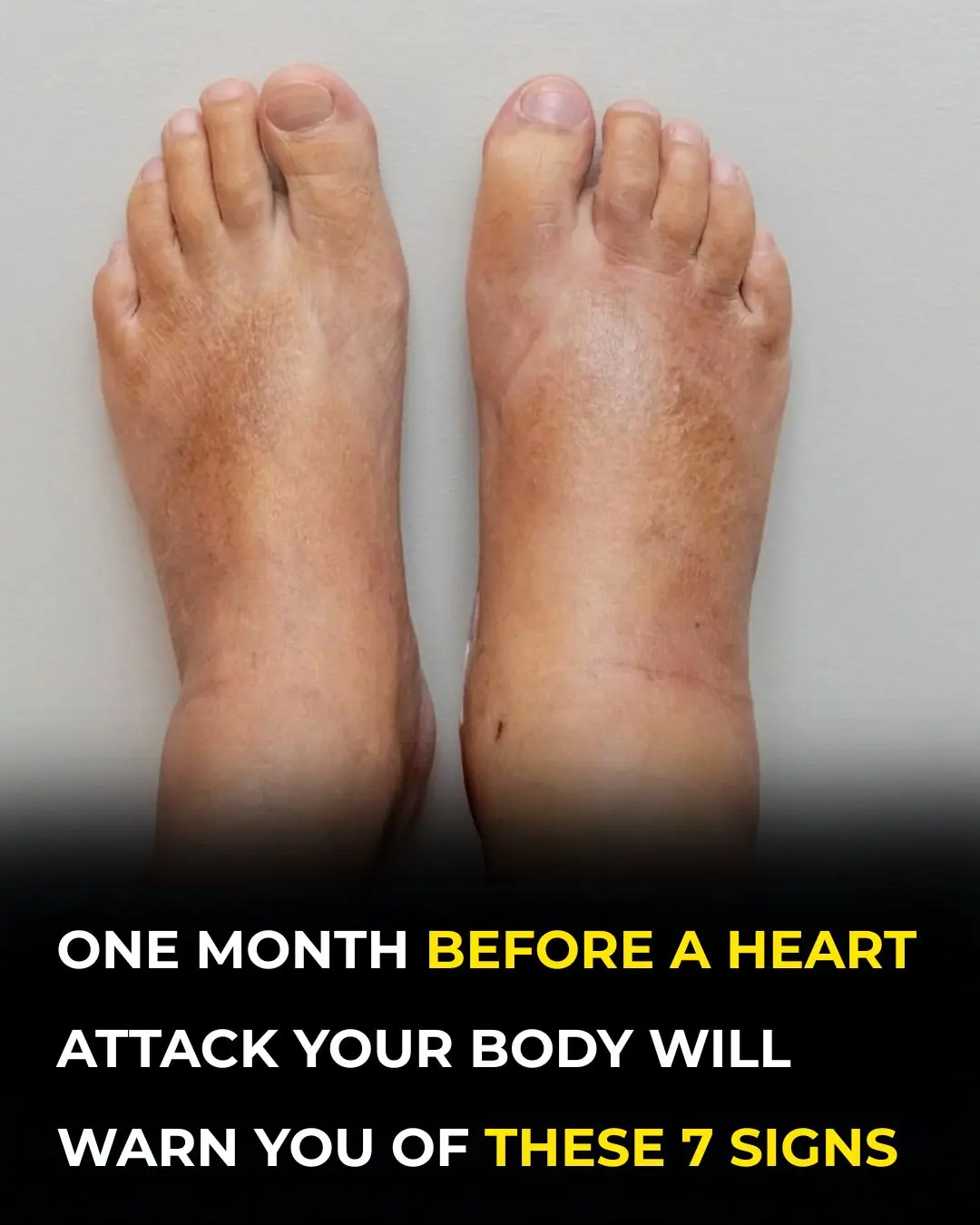
One Month Before A Heart Attack, Your Body Will Warn You Of These 7 Signs

4 vitamins to reverse neuropathy and damaged nerves – relieve foot & hand pain fast!

1st death linked to “meat allergy” spread by ticks, doctors confirm

Ignite Your Day: Eggs + Coffee for Unstoppable Stamina & Vitality
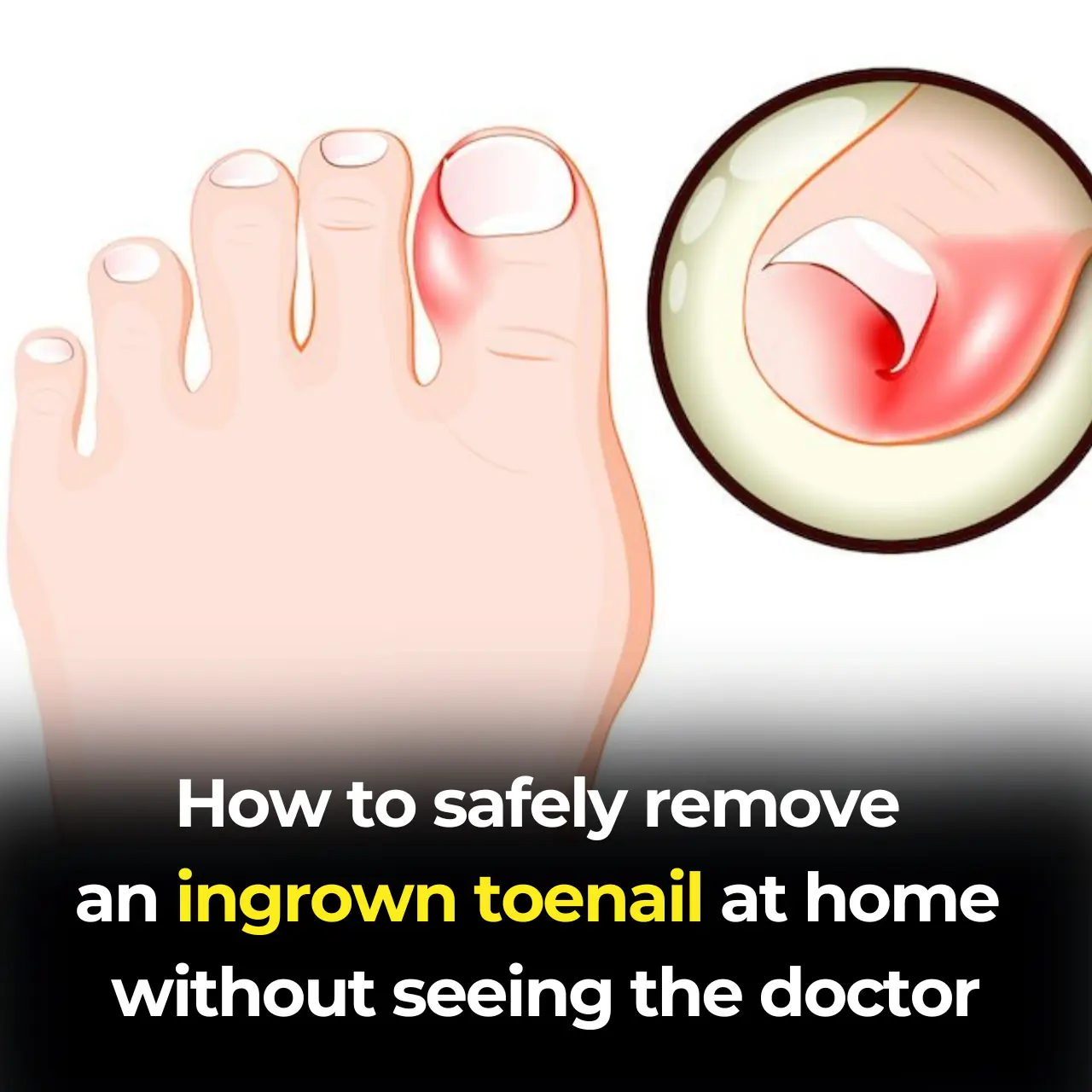
How to Effectively Remove a Painful Ingrown Toenail WITHOUT Having To Go To The Doctor

This Is What Happens To Your Lungs When You Dry Laundry Indoors

Medicinal Health Benefits of Turmeric, Curcumin and Turmeric Tea Based on Science

Home Remedies For Kidney Stones – 21 Remedies For Effective Pain Relief

How to Use a ¼ Teaspoon of Nutmeg to Fall Asleep and Relieve ALL Your Insomnia Symptoms Overnight

8 Amazing Foods To Clean Out Your Toxic Liver
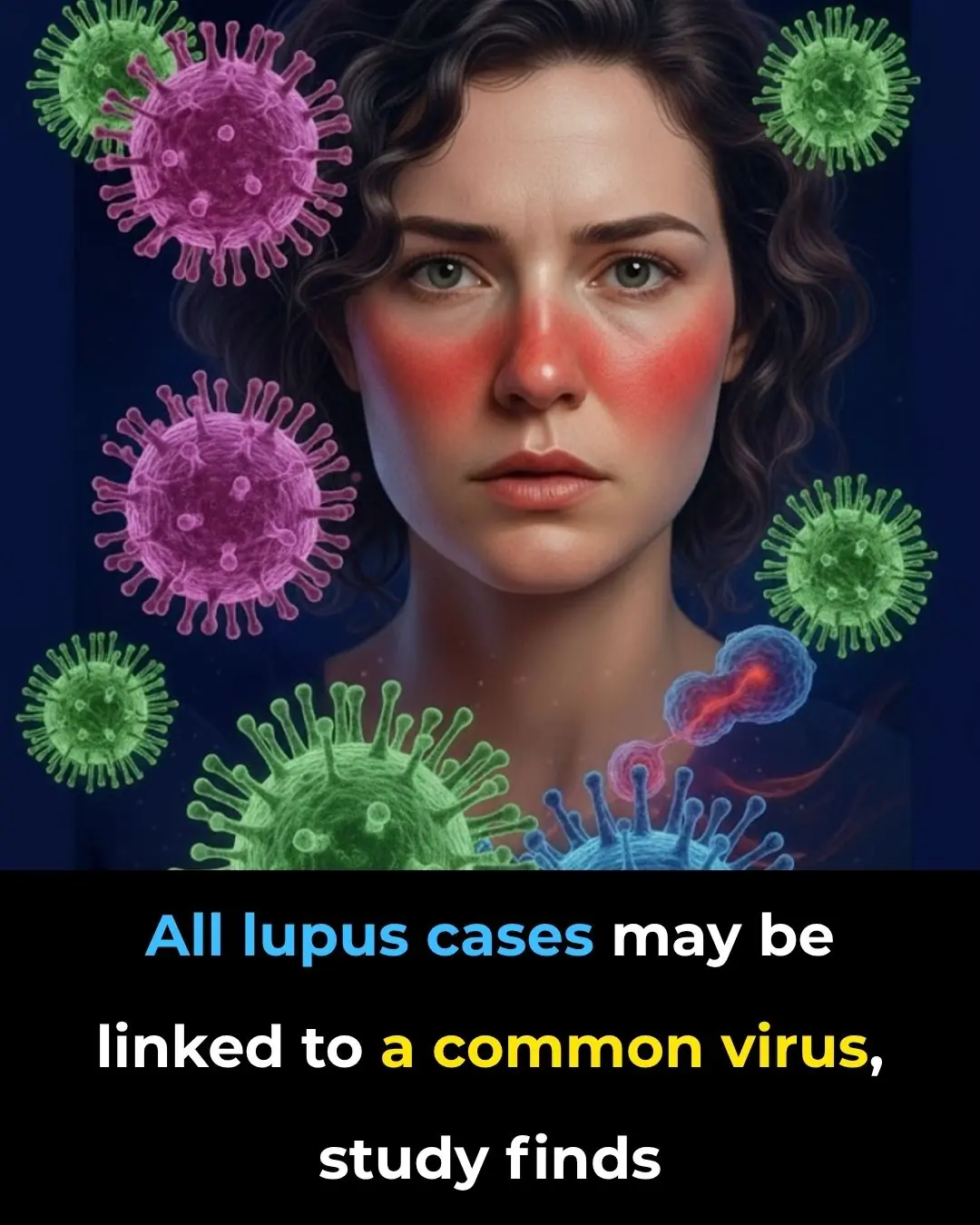
All lupus cases may be linked to a common virus, study finds

This little-known natural supplement may shrink artery plaque, study finds

This new million-person study just changed what we know about cholesterol and dementia

How to Survive a Heart Attack When You’re Alone: Immediate Steps You Must Take!
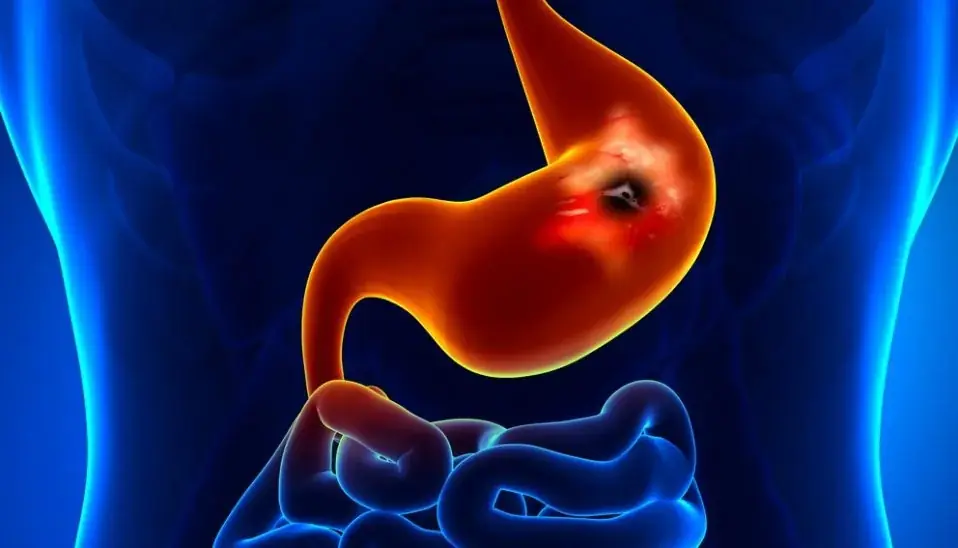
5 Early Warning Signs of Stomach Cancer: Even One Should Prompt a Medical Check-Up

THE MOST OVERLOOKED SIGNS THAT YOU’RE CONSUMING TOO MUCH SUGAR EVERY DAY
News Post

Chilling Final Posts Emerge From TV Host’s 19-Year-Old Daughter Before Her Tragic Death In Los Angeles

Lady Frederick Windsor brands royal family’s lives ‘total hell’: ‘A form of torture’

Good Morning Britain's Ranvir Singh wows in flattering cord jumpsuit that 'fits perfectly'

What Your Belly Is Trying to Tell You

I’m A Celebrity star backs huge rule change after campmate left “a broken woman”

Roman Kemp vows to get revenge after discovering dad Martin's I'm A Celebrity sabotage

Sam Thompson shares fears over baby plans after introducing girlfriend to family

Better Luck Next Time ... And There Will Be One!!! Didn't Pass Bar Exam

Kelly Brook's movie is 'worst film ever' and it's on Amazon Prime now

‘I Know That Unequivocally Is Not True’: Stephen A. Told Cari Champion I Made You Why Would I Play You, But Jemele Hill Says It Wasn’t Like That

Olly Murs in shock split confession from Amelia: “I was in quite a bad place”

Prince William’s gesture to Sara Cox following incredible news: “The nation’s so proud of you”

My Neurologist Says, No Frontotemporal Dementia!!!

Strictly’s Craig Revel Horwood “stunned” after doctor’s devastating health diagnosis: “The horrible truth”

1/4 teaspoon reverses gut inflammation & cleanses liver toxins

Use This Kesh Scalp Serum Daily To Double Your Hair Growth In 1 Month

Homemade Beetroot Ice Cubes: The Best DIY Skincare Treatment for Glowing, Healthy Skin

The Ultimate 3-Step Tomato Clean-Up for Instant Glowing Skin: A DIY Guide for Radiant Skin
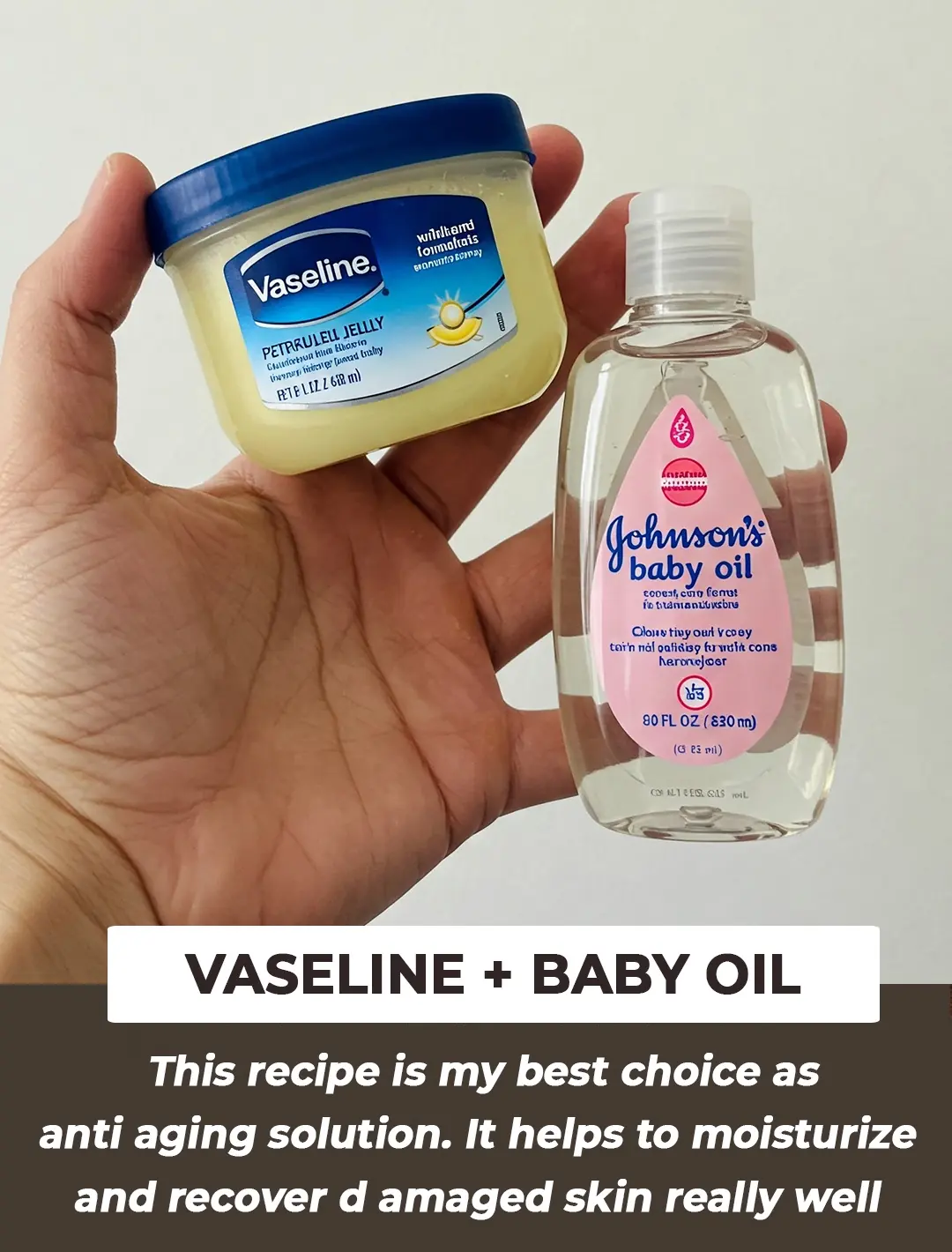
The Ultimate Anti-Aging Solution: How Vaseline and Baby Oil Can Transform Your Skin Overnight
